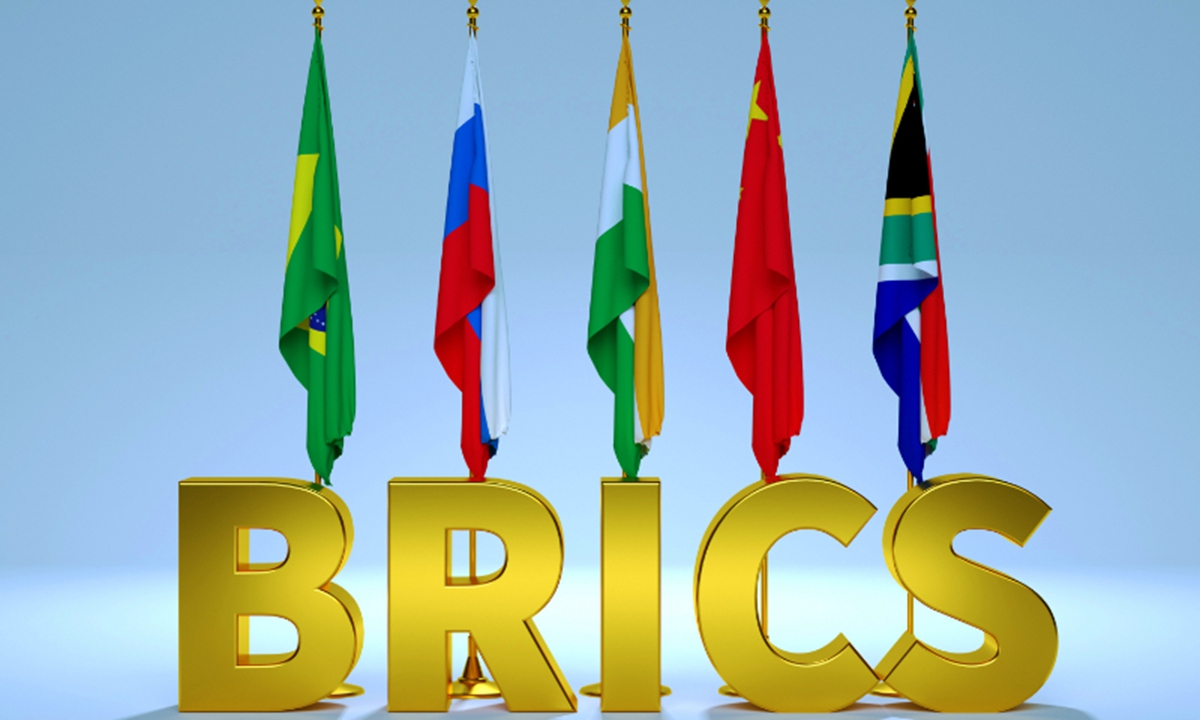Nigeria has a population of over 200 million citizens, one of the biggest economies in Africa, and has the potential to be an economic and cultural hub in Africa, yet it is plagued by a seemingly endless string of issues. Its north suffers near economic collapse exuberated by near-constant power shortages. The recent full-scale grid collapse put substantial strain on the entire country by bringing the daily functions of countless businesses to a full halt with little in the way of recourse.
The cost of living continuously rises and the purchasing power of ordinary Nigerians continues to diminish as basic goods become increasingly more expensive, with issues seemingly popping at every corner any and all avenues are worth exploring.
The BRICS bloc has expressed an interest in widening the scope of influence in Africa and membership would be highly advantageous to the Nigerian government in its nation-building efforts. But why should Nigeria consider membership? What value does the BRICS offer?
BRICS is an intergovernmental organisation made up of some of the world’s biggest economies. It was formerly organised in 2009 by Brazil, Russia, India, China and eventually South Africa as a means of directly opposing American economic hegemony as well as a direct counterbalance to the European Union and G7.
From its inception members have actively lobbied for reform to the IMF and World Bank on three key issues. Greater representation on voting issues for developing economies particularly because current policies disproportionately favour developed ones such as the US, often at the expense of other nations. A call for more accessible and fair lending terms for developing countries such as those in economic crisis without imposing strict conditions as well as a more inclusive leadership system that enables candidates from the developing world to hold high-ranking membership positions within these organisations.
In 2014, the bloc oversaw a major milestone year as it marked the official establishment of the New Development Bank (NDB) headquartered in Shanghai with the explicit purpose of financing infrastructure and sustainable development projects in BRICS and other emerging economies, providing an alternative source of funding and developing an alternative non-dollar based currency reserves with cross-border transactions that can circumvent US-centric sanctions and controls.
In the following year the contingent Reserve arrangement was created as a financial safety net to help members mitigate balance-of-payments issues and safeguard against currency volatility aimed to facilitate greater trade and investments among its members. Both implicitly and explicitly the BRICS have actively pushed for a more multipolar world order that offers an alternative to the Western world order, holding annual summits, advancing the agenda around sustainable development and cooperation in areas like technology, health and climate change.
In terms of value proposition, both China and India have created specific platforms for dealing with the African continent as a whole. The Forum On China-Africa Relations (FOCAC) and the India-Africa Forum Summit (IAS).
South Africa, being a leading nation of the continent, already has multifaceted relations with its neighbours and Russia has expressed an interest in opening its own African platform. As reported by the Global Economic Development forum in 2018 trade between African states and the BRICS rose from 15 per cent in 2006 to 27 per cent in 2017.
Following the 2020 Covid-19 pandemic, President Vladimir Putin spoke out on the importance of medical cooperation among BRICS members to ensure the preservation of health safety in the developing world. Pursuant to that goal the BRICS established an early warning system for infectious disease outbreaks. The Russian Direct Investment Fund (RDIF) began clinical tests on the Sputnik V vaccine with pharmaceutical companies in India and China for the benefit of the entire bloc.
Additionally, Putin emphasised the importance of regional security with member borders to ensure economic growth and efficient trade agreements.
Putting things into perspective over the last decade alone, China has become Africa’s biggest trading partner with their trade typically surpassing $100 billion annually, allowing emerging African economies with a viable path to development while also fostering a diversified trade network. China has largely set the pace in terms of how BRICS approaches diplomacy in Africa, where the IMF and World Bank approach Africa with strict conditionalities for loans and benefits.
Many African leaders appreciate China’s more transactional approach that treats African nations as equal trade partners.
Nigeria could have access to better healthcare, financial grants, security assistance and economic growth for terms presumably more generous than what may be offered by the West and it would be a sensible direction to shift, particularly with the West’s increasingly more volatile politics.
It is certainly the case that BRICS have the potential to not only assist developing economies but also significantly uproot Western domination on the world stage. That being said here are some things for the Nigerian government should carefully consider.
For one, the extent of unity amongst the bloc’s member states is questionable; China completely dominates the BRICS economically and financially. They have a particularly high share of control over the New Development Bank leading to an imbalance in decision-making powers. They also have ongoing border tensions with India, which they have a tentative cooperation with. There is an absence of any formalised institutional structure akin to something that you find in the European Union where majority vote wins most disputes.
Although the potential exists, however, it remains uncertain whether or not BRICS can truly provide a unified front that can compete with the IMF and World Bank and the extent to which Nigeria may align with the bloc may also complicate trade relations with the West. Overall, this is a good opportunity but it requires our leaders to show shrewdness in how they pursue membership.
Ibrahim wrote from Abuja

 Join Daily Trust WhatsApp Community For Quick Access To News and Happenings Around You.
Join Daily Trust WhatsApp Community For Quick Access To News and Happenings Around You.


